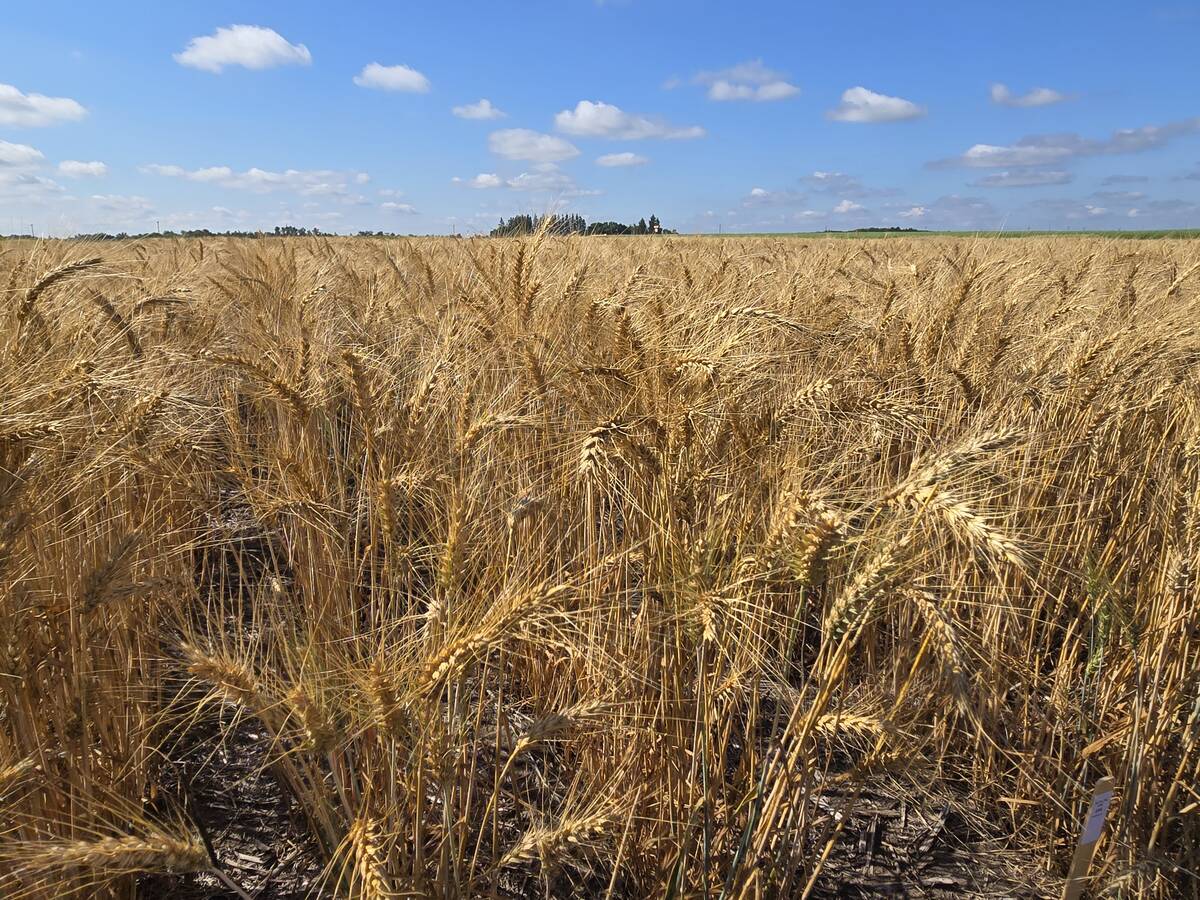Livestock Protection Pilot Program | The program pays for predators killed in developed areas of the B.C. Peace region
It will be a few months before cattle producers in British Columbia’s Peace River area know if a bounty on wolves has reduced damage to their animals.
Seventy-five wolves have been killed and a bounty paid under a new program designed to allow livestock producers to take control of predator problems in their herds.
Mike McConnell, president of the B.C. Cattlemen’s Association, said livestock predation is a large and growing problem that has cost cattle producers thousands of dollars.
“It’s a very serious problem. It has been ongoing for decades, but the problem has gotten worse in the last 10 years,” said McConnell, who farms near Dawson Creek, B.C.
Read Also

Fall rye hits record high in Manitoba
Winter cereals 2025: More Manitoba fields grew fall rye in 2025 than ever before, but winter wheat slipped and, while spring stand survival was good, drought took its toll
“The cattlemen believe it’s because there are more predators, but we’re not wildlife specialists.”
The Livestock Protection Pilot Program pays producers a bounty for the predators they kill, which is different from past compensation programs that paid producers for killed livestock.
“We don’t believe this will be a silver bullet that will solve everything, but we feel it is something that will assist producers who have been dealing with this stuff for a number of years.”
Compensation has been paid to producers throughout the Peace, usually from one or two claims.
“That indicates to us the problem is widespread,” said McConnell, who has lost livestock while they grazed on a community pasture 10 minutes from Dawson Creek.
The program pays only for predators killed in the developed areas of the B.C. Peace and not animals shot in Alberta, or as far west as Prince George or Fort Nelson.
The program is based on a similar Wolf Hunt Incentive Policy in Alberta’s Clear Hills County, just east of the B.C. Peace.
The Clear Hills County program, which was launched in January, pays $250 for wolves killed within the county.
McConnell would not say how much compensation is paid for predators in his province’s program, but it was enough to act as an incentive. Few people would previously take the time to shoot wolves, he added.
Funding for the B.C. Peace predator program comes from the provincial government’s Fair Share program, which is designed to help rural areas.
McConnell would not say how much money is in the program, but he expected it to run out before the claims.
He said wolves aren’t the only predators killing livestock, but the program is targeting that species.
“Wolves are the biggest problem, by far.”
Little data exists on livestock losses from predators, but McDonnell believes producers will experience fewer losses and less harassment of their livestock over the summer and fall because of the program.
“The baseline is lacking. It’s going to be subjective.”
Cattle producers in the area believe increased oil and gas activity has driven predators out of the bush and closer to where livestock graze.














